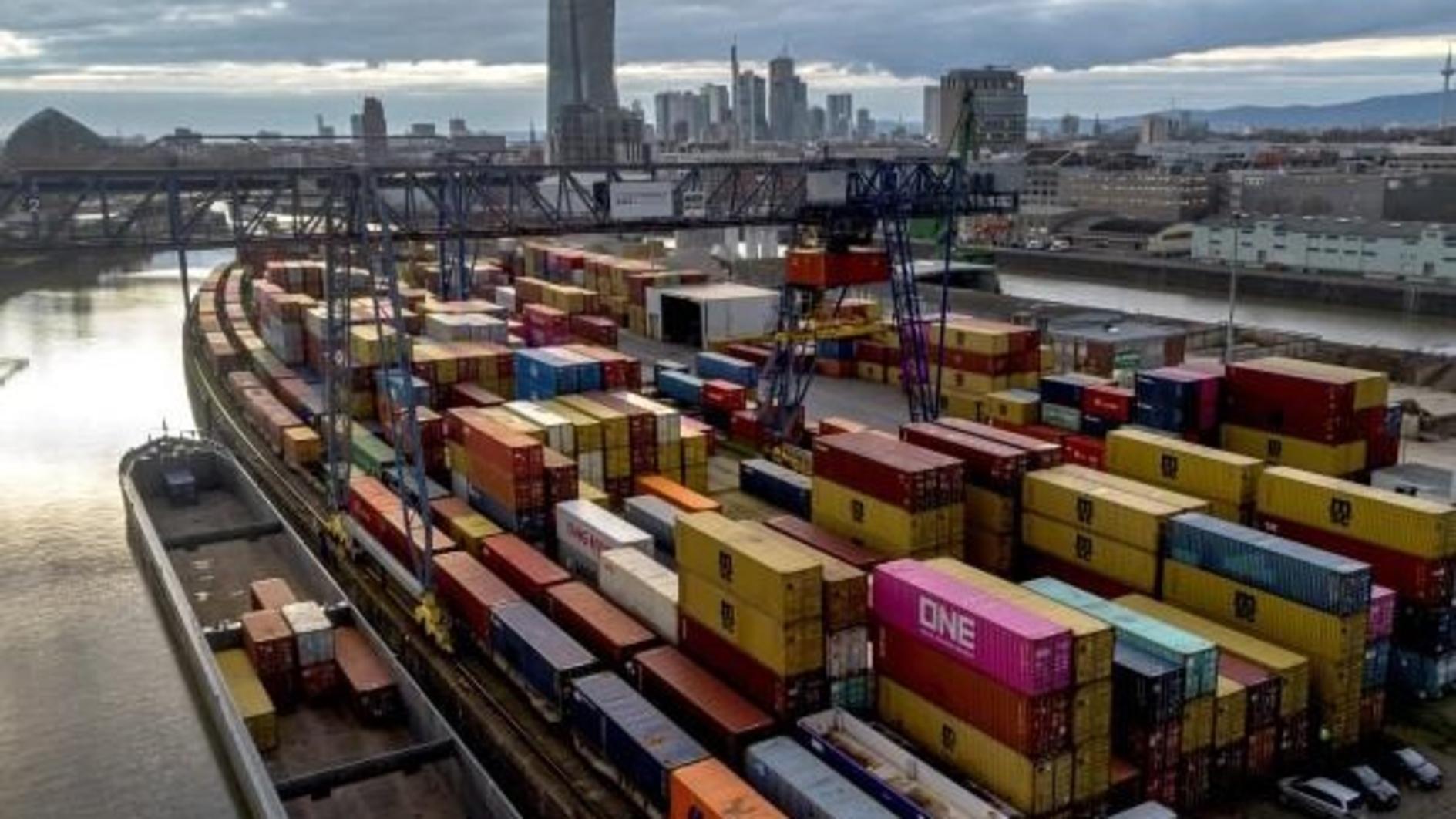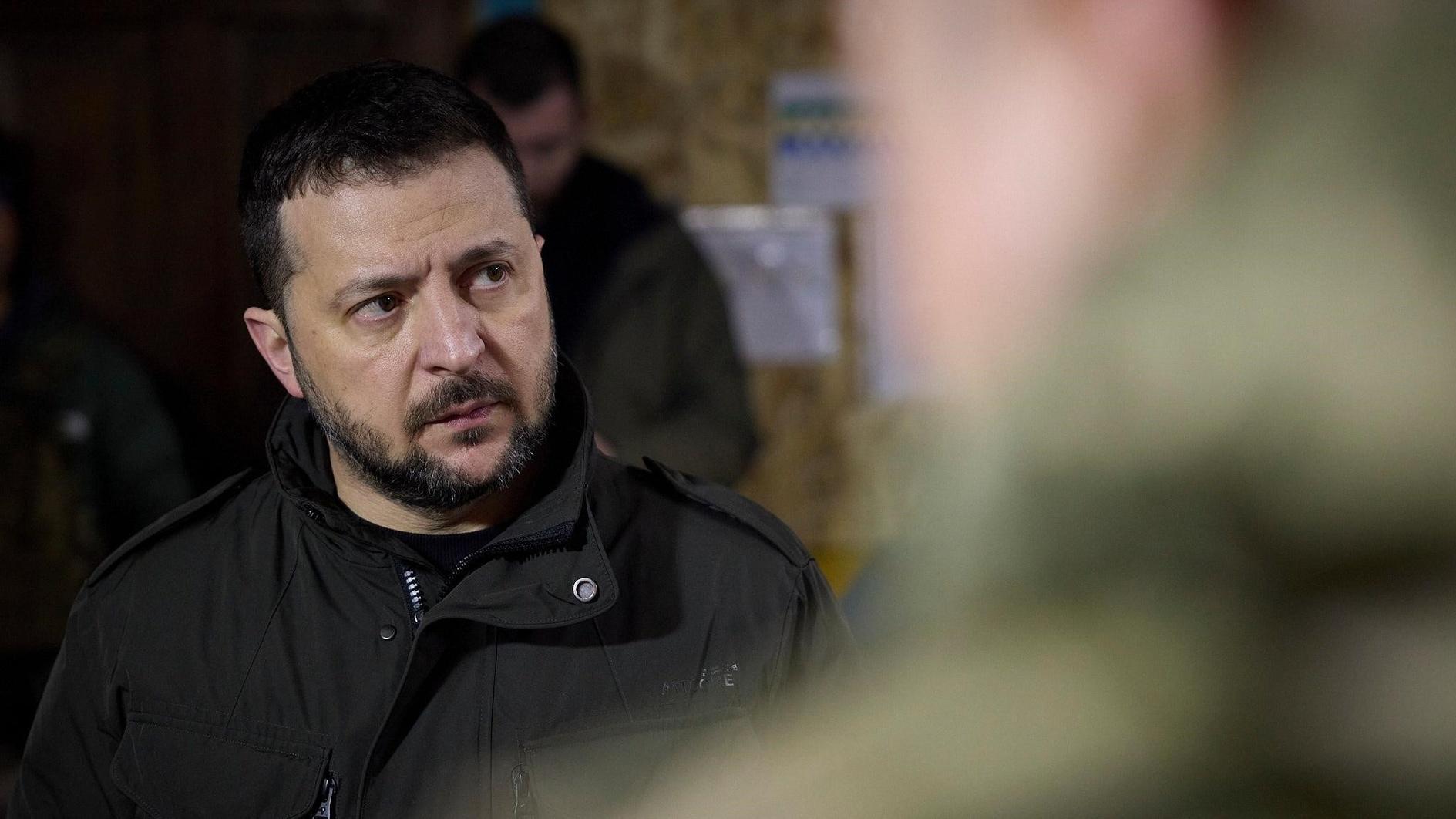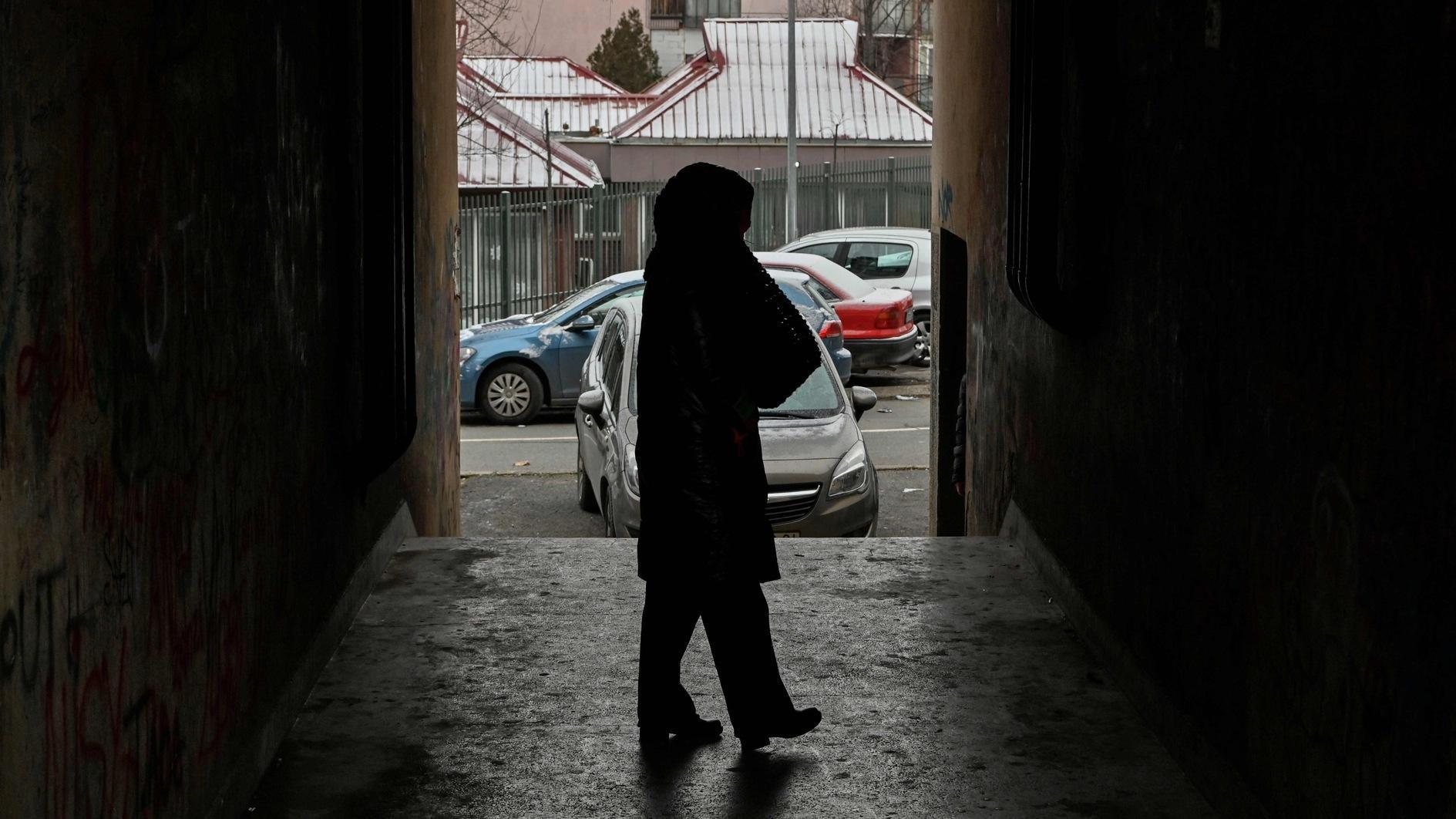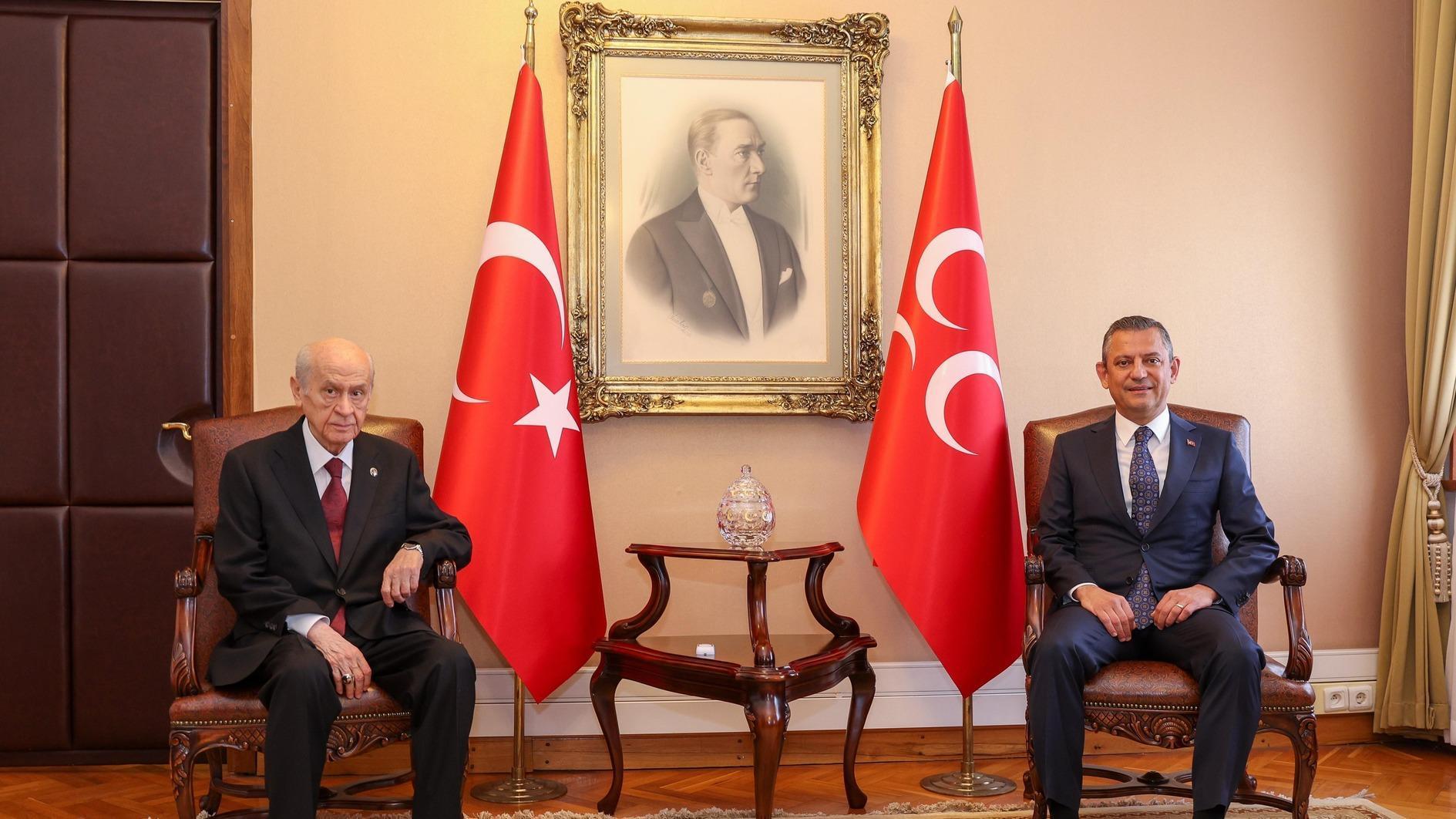Fluctuating trends in the markets unavoidable
There are too many uncertainties and fragilities in both the global and national economy. It’s not just economic reasons but political developments as well that are set to contribute to increasing fragilities.
Because of that, volatility will seem to be unavoidable in the markets in the coming year as well.
The timing of the U.S. Federal Reserve to decide to raise interests, the news that will precede this decision and the nature of the raise in the interest rates will all lead to fluctuations. In addition to the U.S. economy, the pace with which European and Japanese economies start recovering, and whether this will require an additional increase in liquidity, will also lead to volatilities in the markets.
It is definite that the U.S. economy has started to recover, but uncertainty is still big for the rest of the world.
It is unavoidable that first Europe, and then emerging markets, will get their share in the bill paid by the U.S. to get out of the crisis. We can expect a bit more precision in 2015 for the bill to be paid.
It is also unavoidable that the economic crisis in Russia will deepen.
Russia’s crisis is not limited to that country; it affects all emerging markets like us. Iran, which is having problems with the West just like Russia, is also in a difficult situation because of low oil prices.
Low oil prices are among the key topics of argument in global competition. It looks certain that as long as dominant producers like Saudi Arabia can tolerate it, low oil prices will continue until a political solution is found.
Emerging markets will be negatively affected due to flows in foreign investments with the Russian crisis and low oil prices, but it will also create positive effects for countries like us which are serious energy importers.
But it appears that the time that will pass for all this to come to a balance will ultimately increase the volatility in the markets.
Turkey will get its share from this volatility. In addition, the solution to the Kurdish problem, the stance that will be taken in the fight against the Islamic State of Iraq and the Levant (ISIL), and the upcoming general elections are political developments that seem set to deeply affect the economy.
Turkey entering 2015 unprepared
One needs to say as we enter 2015 that we are set for a period that especially requires care.
As for the decision to invest in Turkey as far as foreign capital is concerned, we should wait for the economic and political conditions to become clearer in the country.
The probable cuts in the interest rate due to the decrease in the inflation in the first half of the year could be important elements as far as the attention of short-term foreign capital.
The ratio in the normalization of global liquidity will also have an effect on the movements of short-term funds.
The deepening of the crisis in Russia, internal political developments, regional turmoil as well as steps that will be taken in diplomacy are factors that are set to increase the perception of risk.
The Turkish economy has been caught unprepared for the coming global developments in 2015, even though they were already predictable. I hope the bill Turkey will pay will not be that heavy.
I wish all a healthy, happy and peaceful new year.











